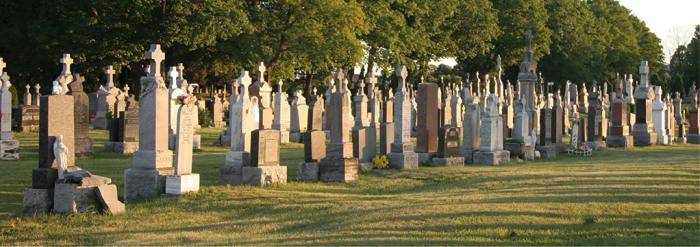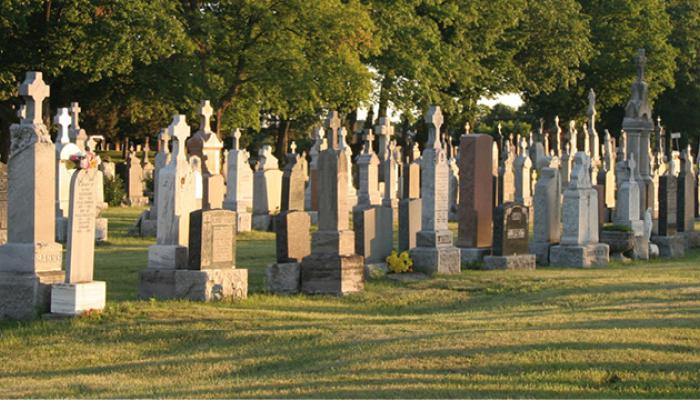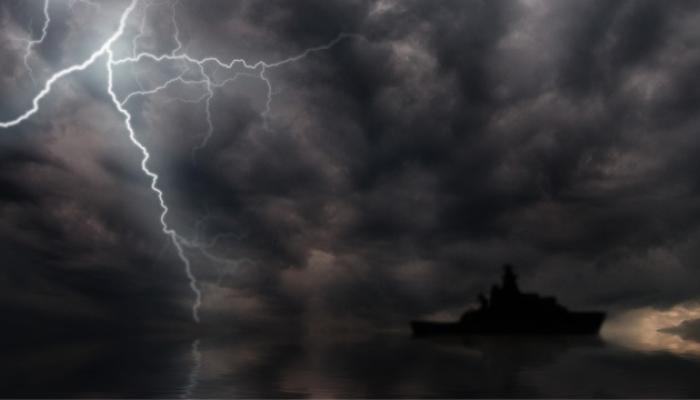
1.47 Чи варто боятися чистилища?
Бог встановив чистилище, тому що Він є безмежно милосердним і люблячим. Він хоче, щоб усі були врятовані і були разом із ним на небесах. Тому ми потрапляємо в чистилища, якщо наша душа все ще тримає гріхи, або залишки гріхів, під час нашої смерті.
У чистилищі ми очищаємося і готуємось до неба, тому що відчуваємо пекучий сором і каяття за свої гріхи. Чистилище це тимчасовий стан. Люди, які страждають тут, на землі через війну, біль, катування чи переслідування, вже проходять процес очищення, щоб потрапити у рай (Мт. 5:4-10) (Мт. 5:4-10): Блаженні ті, що сумують, бо вони втішаться. Блаженні лагідні, бо вони успадкують землю. Блаженні голодні й спрагнені праведності, бо вони наситяться. Блаженні милосердні, бо вони будуть помиловані. Блаженні чисті серцем, бо вони Бога побачать. Блаженні миротворці, бо вони синами Божими назовуться. Блаженні переслідувані за праведність, бо їхнє Царство Небесне.. Час у чистилищі також можна скоротити через молитву за людей, які там перебувають, жертвоприношення Святої Меси та іншими способами.
What is purgatory?
Purgatory, often imagined as a place, is actually a condition. Someone who dies in God’s grace (and therefore at peace with God and men) but who still needs purification before he can see God face to face in purgatory.
When Peter had betrayed Jesus, the Lord turned around and looked at Peter: “And Peter went out and wept bitterly”—a feeling like being in purgatory. Just such a purgatory probably awaits most of us at the moment of our death: the Lord looks at us full of love—and we experience burning shame and painful remorse over our wicked or “merely” unloving behavior. Only after this purifying pain will we be capable of meeting his loving gaze in untroubled heavenly joy. [Youcat 159]
How can we help the souls being purified in purgatory?
Because of the communion of saints, the faithful who are still pilgrims on earth are able to help the souls in purgatory by offering prayers in suffrage for them, especially the Eucharistic sacrifice. They also help them by almsgiving, indulgences, and works of penance. [CCCC 211]
In what way does the Church participate in the eucharistic sacrifice?
In the Eucharist the sacrifice of Christ becomes also the sacrifice of the members of his Body. The lives of the faithful, their praise, their suffering, their prayers, their work, are united to those of Christ. In as much as it is a sacrifice, the Eucharist is likewise offered for all the faithful, living and dead, in reparation for the sins of all and to obtain spiritual and temporal benefits from God. The Church in heaven is also united to the offering of Christ. [CCCC 281]
Can we help the departed who are in the condition of purgatory?
Yes, since all those who are baptized into Christ form one communion and are united with one another, the living can also help the souls of the faithful departed in purgatory.
When a man is dead, he can do nothing more for himself. The time of active probation is past. But we can do something for the faithful departed in purgatory. Our love extends into the afterlife. Through our fasting, prayers, and good works, but especially through the celebration of Holy Eucharist, we can obtain grace for the departed. [Youcat 160]
Ти можеш очистити мене в цьому житті і зробити мене таким, щоб я після цього не потребував очищуючого вогню, для тих, «які мають бути спасені, але так, як вогнем» (1 Кор. 3:15). І оскільки сказано: «він буде врятований», про цей вогонь думають легковажно. Незважаючи на те, що, хоча ми повинні бути «врятовані вогнем», цей вогонь буде страшнішим за все, що людина може відчути, як страждання, у цьому житті. [св. Августин, Виклади псалмів, 37:3 (ML 36,397)]





